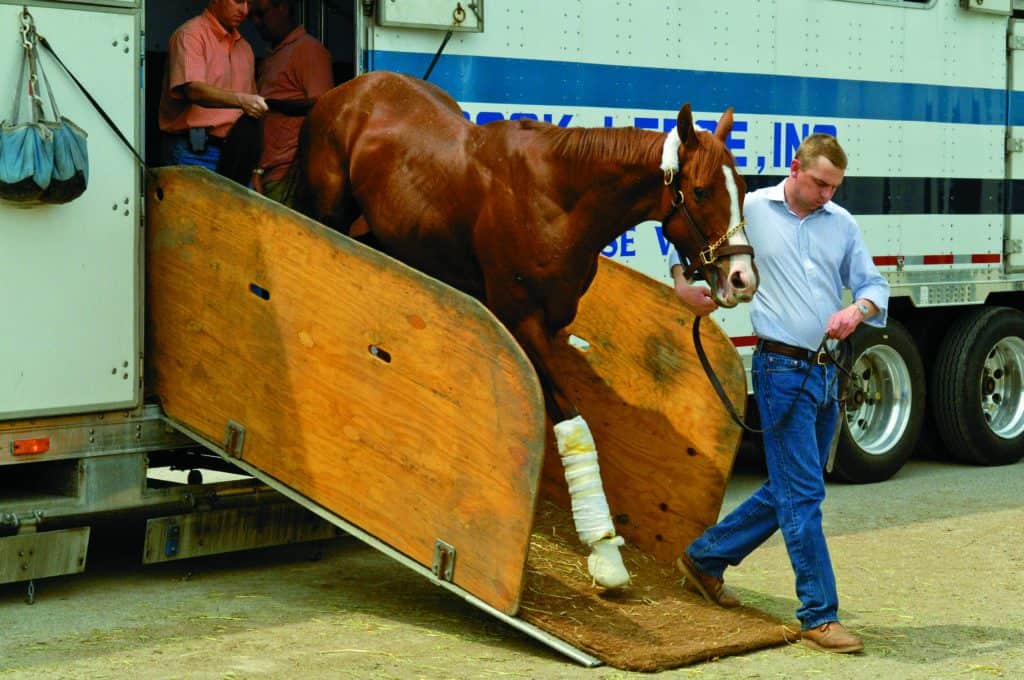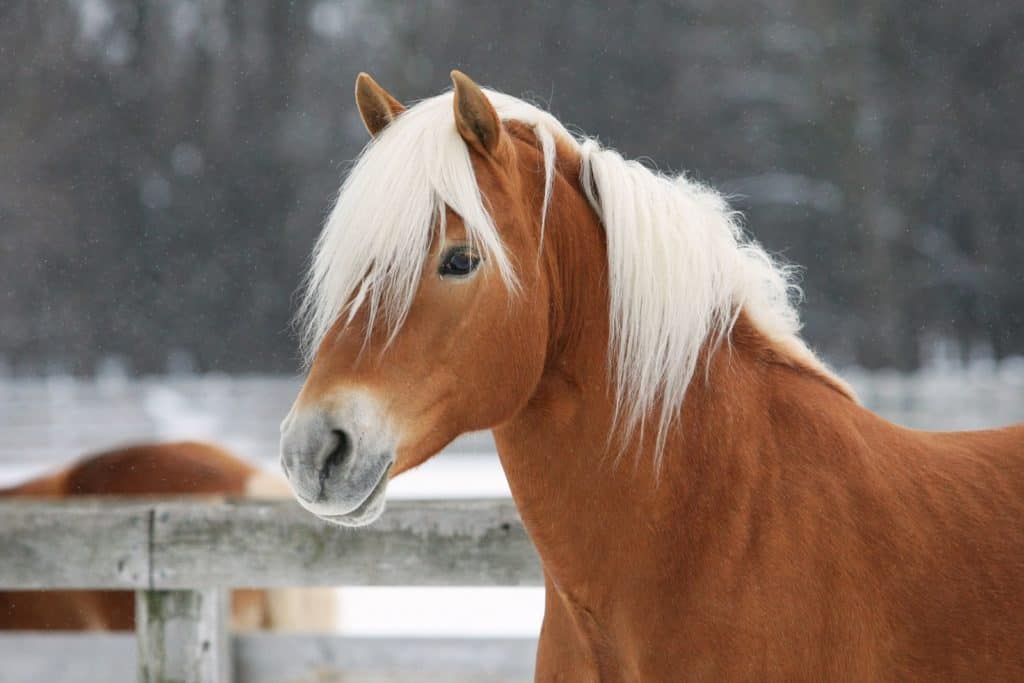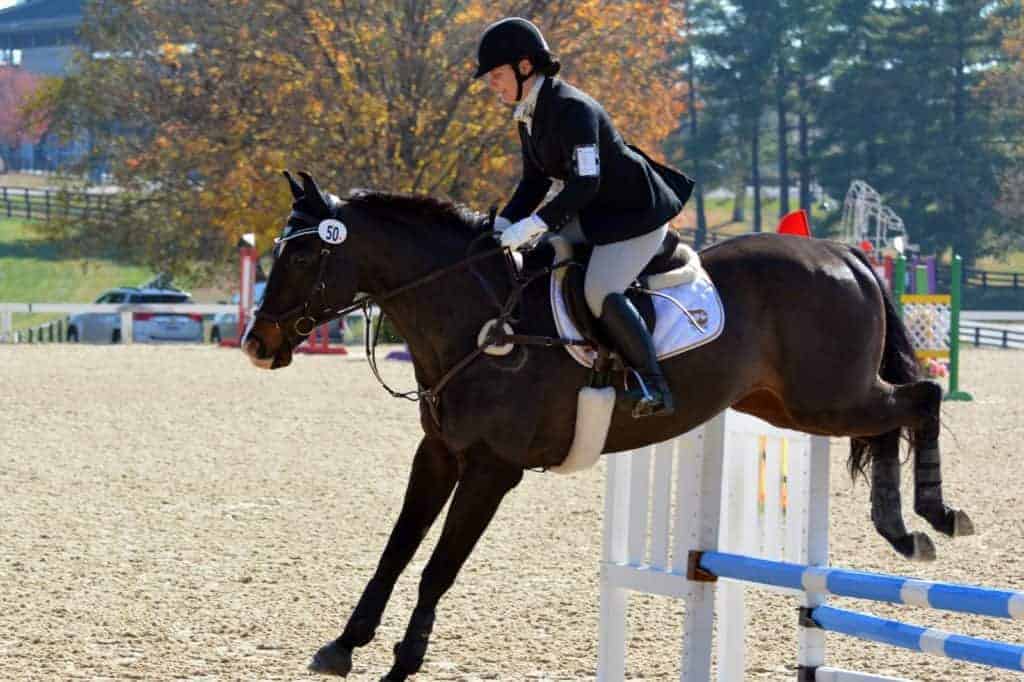
Horse Diet, Transportation, and Exercise Performance
A forage-only diet and transported before exercise could positively impact horses’ exercise performance, researchers found.

A forage-only diet and transported before exercise could positively impact horses’ exercise performance, researchers found.

Veterinarians have tools at their disposal, ranging from imaging to sample analysis, that can help pinpoint the cause of respiratory problems in sport horses.

Understanding how pulmonary disease impacts performance can help veterinarians diagnose and treat issues that could be impairing horses’ athleticism.

Make sure your horse’s diet supports his regular exercise program with these tips.

Recent study results suggest heart rate monitoring can allow trainers to assess workloads and adjust training for improved conditioning and race outcomes.

Recent study results suggest competitive riders would be much more inclined to use technology to keep track of their mounts’ biometric data than recreational riders would.

Seasoned sport horses often need a little extra TLC to continue performing well into middle age.

A look at racing ethics could help researchers and industry members acknowledge rightful concerns from a well-meaning public, help resolve misconceptions, and contribute to better equine welfare.

Vets can use a smartphone-based heart monitor to identify arrhythmias that are difficult to diagnose in the field.

Learn about keeping OTTBs healthy and happy as they move into new disciplines. We’ll cover feeding, vet care, handling, and more!

Here’s how veterinarians diagnosed and treated a Warmblood that stopped intermittently when working under saddle.

Researchers found high degrees of heritability (up to 0.17), especially in male horses and in pacers.

Besides body condition scoring, how can you tell if your horse is getting enough nutrition? Dr. Clair Thunes explains.

The “Gaitkeeper” gene mutation has been linked to success in trotting races in Standardbreds.

Dentistry—including balanced alignment of the teeth and jaws—is an important part of good horse health and welfare.

Find tips on how to extend horses’ “health spans,” maximize performance years, and maintain a good quality of life.
Stay on top of the most recent Horse Health news with
"*" indicates required fields